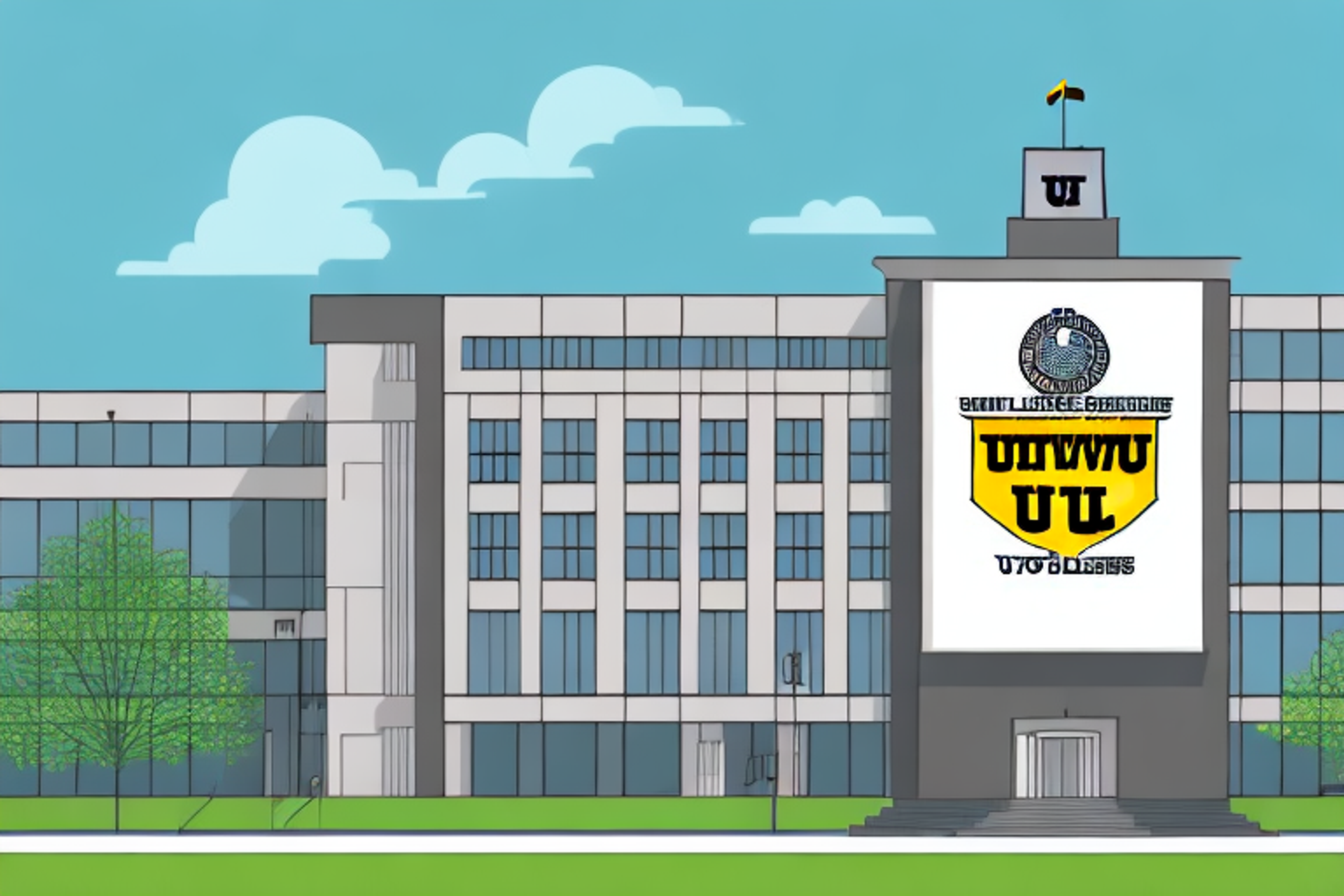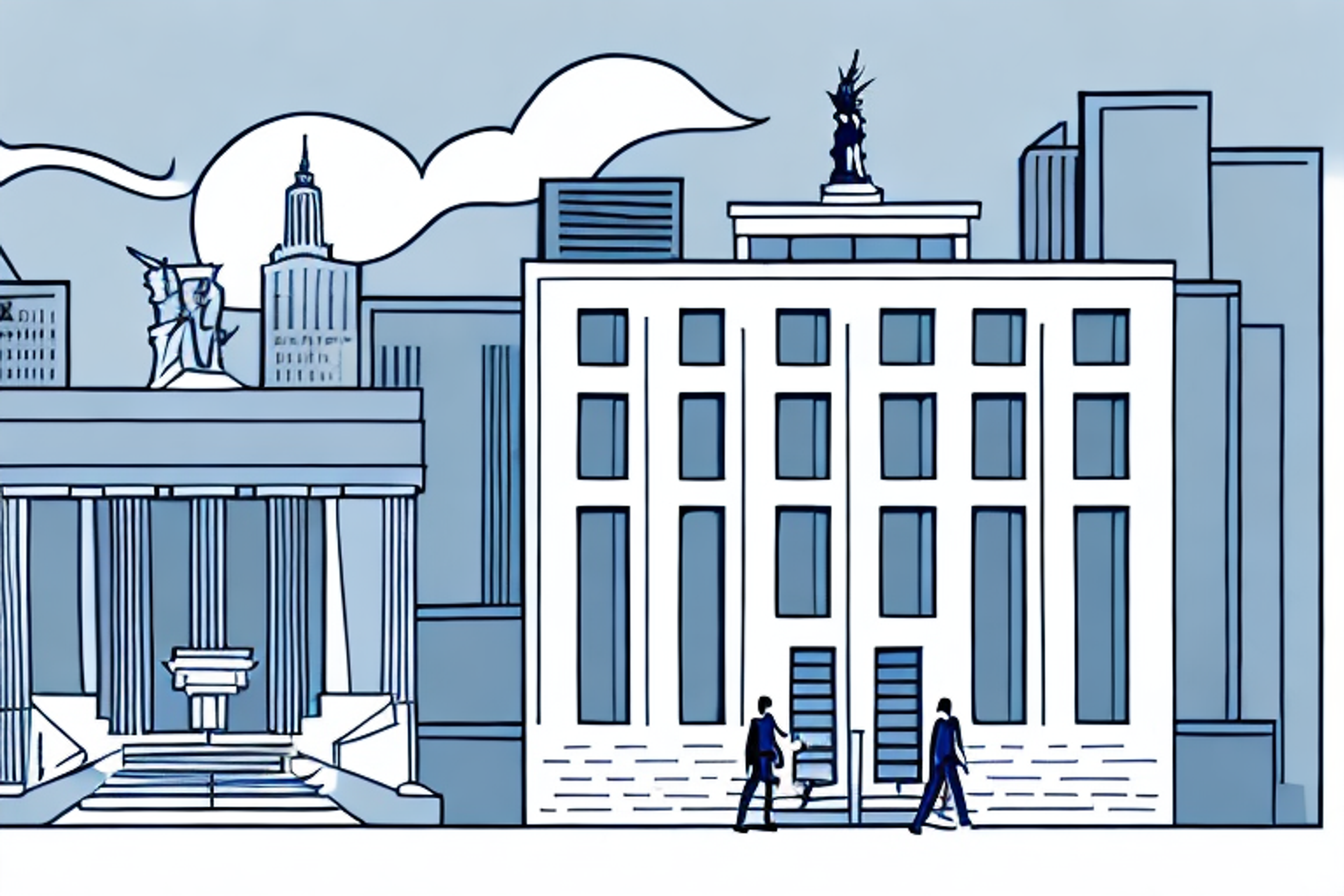A Guide to the University of Iowa College of Law Interview Process
Are you preparing for an interview at the University of Iowa College of Law? Our comprehensive guide covers everything you need to know about the interview process, from what to expect to how to prepare.
Posted March 6, 2025

Table of Contents
Free Event

Featuring Indrani S.
Law School App Office Hours with a Former Stanford AdCom Member
Starting Thursday, April 17
11:30 PM UTC · 45 minutes

Featuring Indrani S.
The interview process can be an intimidating experience for any prospective law school student, especially when considering the University of Iowa College of Law. However, we have put together this comprehensive guide to help you navigate through the process with ease and confidence.
Preparing for the Interview: Tips and Tricks
The first step to a successful interview is preparing thoroughly beforehand. This includes researching the college of law, understanding the interview format, and practicing answering common questions. It's also important to review your application packet, as the interviewer may ask specific questions based on your experiences or achievements.
In addition to the above, it's also a good idea to dress professionally and arrive early to the interview. This will give you time to compose yourself and review any last-minute notes. During the interview, make sure to listen carefully to the interviewer's questions and answer them thoughtfully and honestly. Don't be afraid to ask questions yourself, as this shows your interest in the program and can help you gain a better understanding of what to expect if accepted. Finally, remember to send a thank-you note or email after the interview to express your gratitude for the opportunity and reiterate your interest in the program.
The Importance of Researching the College of Law
Researching the college of law is a crucial component of your interview preparation. You should be familiar with the school's values, core curriculum, faculty and student body, potential career paths, and extracurricular activities. Armed with this knowledge, you will be able to present yourself as a well-informed and motivated candidate who is genuinely interested in attending the University of Iowa College of Law.
Understanding the Interview Format and Structure
Most interviews at the University of Iowa College of Law are held in person, though virtual interviews are also available. In-person interviews typically last for 20-30 minutes, while virtual interviews may take slightly longer due to the inherent delays and technical difficulties. Knowing the specific format and structure of your interview will help you tailor your preparation and presentation accordingly.
It is important to note that the interview format and structure may vary depending on the interviewer and the purpose of the interview. Some interviews may be more conversational in nature, while others may be more structured with specific questions and prompts. It is always a good idea to research the interviewer and the organization beforehand to get a better understanding of what to expect.
In addition, it is important to remember that the interview is not just about answering questions, but also about showcasing your personality and fit for the organization. Be sure to practice your communication skills and prepare examples of your experiences and skills that align with the organization's values and mission.
Commonly Asked Questions in a University of Iowa Law Interview
During your interview, you can expect to answer a variety of questions about your background, interests, and goals. Some common questions asked in University of Iowa College of Law interviews include: "Why do you want to attend law school?", "What are your long-term career goals?", "What are your strengths and weaknesses?", and "Tell me about a time when you faced a difficult challenge and how you overcame it." It's important to have clear and articulate answers prepared for these and other potential questions.
In addition to these common questions, you may also be asked about your experience working in a team, your leadership skills, and your ability to handle stress and pressure. The interviewer may also ask about your understanding of current legal issues and your opinions on them.
It's important to remember that the interview is not just about answering questions, but also about showcasing your personality and demonstrating your passion for the law. Be sure to engage with the interviewer, ask questions, and show enthusiasm for the opportunity to attend the University of Iowa College of Law.
Dressing for Success: What to Wear to a Law School Interview
It's essential to dress professionally for your interview, as it signals to the interviewer that you take the process seriously and are committed to presenting yourself in the best possible light. For men, this typically means a suit or blazer and slacks, while women can wear a pantsuit, skirt suit, or dress with appropriate accessories. Avoid anything too flashy or distracting, and make sure your clothing is clean and well-pressed.
In addition to dressing professionally, it's important to pay attention to the details. Make sure your shoes are polished and match your outfit, and keep jewelry and makeup to a minimum. Your hair should be neat and tidy, and avoid any extreme hairstyles or colors. Remember, the focus should be on your qualifications and experience, not your appearance.
It's also a good idea to research the law firm or school you're interviewing with to get a sense of their culture and dress code. While it's always better to err on the side of being too formal, you don't want to show up in a three-piece suit if the office is more casual. Use your best judgment and dress appropriately for the occasion.
Navigating Virtual Interviews: Best Practices and Etiquette
If you're participating in a virtual interview, there are some additional considerations to keep in mind. Make sure your internet connection is stable, your camera and microphone are working properly, and that you're sitting in a quiet and well-lit area. It's also important to maintain eye contact and engage in active listening, just as you would in an in-person interview.
Another important aspect to consider during virtual interviews is your attire. Even though you may be in the comfort of your own home, it's still important to dress professionally. This not only shows respect for the interviewer and the interview process, but it can also help you feel more confident and prepared.
Additionally, it's a good idea to do a practice run of the virtual interview platform before the actual interview. This can help you become familiar with the technology and troubleshoot any issues beforehand. It can also help you feel more comfortable and confident during the actual interview.
How to Communicate Effectively During the Interview
A crucial component of a successful interview is effective communication. Speak clearly and confidently, and be sure to listen carefully to the interviewer's questions and feedback. Don't be afraid to ask for clarification if you don't understand a question, and try to give concise and thoughtful responses to demonstrate your communication and critical thinking skills.
Another important aspect of effective communication during an interview is nonverbal communication. Your body language can convey a lot about your confidence and interest in the position. Make sure to maintain eye contact with the interviewer, sit up straight, and avoid fidgeting or slouching. These small adjustments can make a big difference in how you are perceived.
It's also important to tailor your communication style to the company culture. Research the company beforehand to get a sense of their values and communication style. If they have a more formal culture, use more formal language and avoid slang or casual expressions. If they have a more relaxed culture, you can be more conversational in your responses. Adapting your communication style to fit the company culture shows that you are a good fit for the team and can work well with others.
Highlighting Your Strengths and Experiences
Your interview is an opportunity to showcase your unique strengths and experiences that make you a competitive candidate for law school. Be sure to highlight any relevant coursework, skills, or achievements that demonstrate your intellectual curiosity, leadership potential, and commitment to social justice. It's important to strike a balance between highlighting your strengths and being humble and respectful throughout the interview.
One way to effectively highlight your strengths and experiences is to provide specific examples of how you have applied your skills and knowledge in real-world situations. This can include internships, volunteer work, or extracurricular activities that have allowed you to develop and demonstrate your abilities. Additionally, it's important to be able to articulate how your experiences have prepared you for the challenges of law school and a career in the legal field.
Another key aspect of highlighting your strengths is to show your passion for the law and your commitment to making a positive impact in the world. This can be demonstrated through your involvement in social justice initiatives, pro bono work, or other activities that align with your values and goals. By showcasing your dedication to using the law as a tool for positive change, you can set yourself apart as a candidate who is not only academically qualified, but also deeply committed to making a difference in the world.
Handling Difficult Interview Questions with Confidence
It's not uncommon to encounter difficult or unexpected questions during your interview, such as inquiries about your academic performance or gaps in your resume. The key is to remain calm and composed, and to provide genuine and well-thought-out responses. Don't be afraid to acknowledge your weaknesses or areas for improvement, and use these questions as an opportunity to demonstrate your ability to learn and grow.
One effective way to prepare for difficult interview questions is to research the company and the position beforehand. This will give you a better understanding of the company's values and goals, and allow you to tailor your responses to align with them. Additionally, practicing with a friend or family member can help you feel more comfortable and confident when answering tough questions. Remember, the interviewer is not trying to trip you up, but rather to gain a better understanding of your skills and experience. By staying calm and prepared, you can handle any question with confidence.
Follow-Up Strategies: Thank You Notes and Next Steps
After your interview, it's important to follow up promptly with a thank you note or email to express your gratitude for the opportunity and to reiterate your interest in attending the University of Iowa College of Law. This is also a good time to ask any remaining questions you may have about the school or the application process. Additionally, be sure to keep track of any next steps or deadlines related to your application status.
Insights from Current Students and Alumni on the UI College of Law Interview Process
Finally, it's always helpful to hear from current students or alumni about their experiences with the interview process at the University of Iowa College of Law. They may be able to provide valuable insight into common interview questions, the interviewers themselves, and the overall vibe and culture of the school. Don't be afraid to reach out to current students or alumni for advice or to attend admissions events or webinars to learn more about the school and the process.
Overall, the University of Iowa College of Law interview process can be challenging, but with proper preparation and a positive attitude, you can demonstrate your potential as a law school student and stand out as a competitive candidate.











